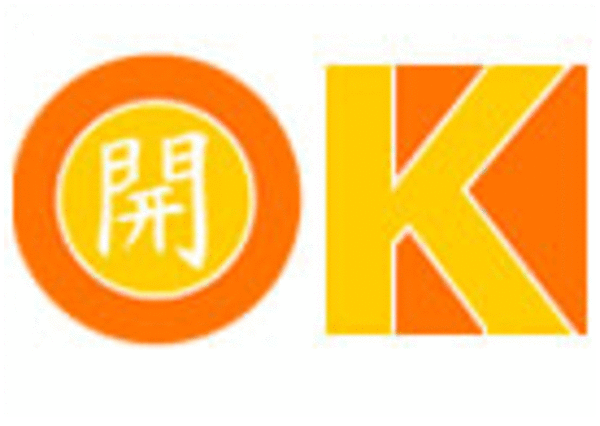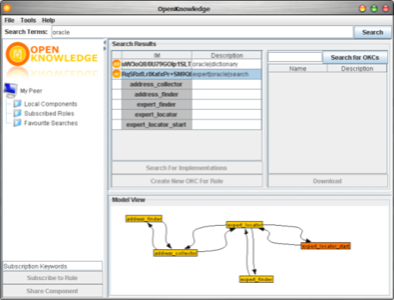The EU-funded OpenKnowledge program is a smart toolkit designed to unlock the hidden resources of the web that can’t be accessed by web sites and browsers alone. With a small, downloadable piece of Java code, users can coordinate and share information with each other more directly than through traditional means. To highlight the potential of the OpenKnowledge system, researchers have put it to work in three different areas: healthcare services, emergency management, and proteomics research.

1) OpenKnowledge Healthcare
The first demonstration of the OpenKnowlege system is aimed to enhance the abilities of those seeking health-related information on the web. Instead of solely relying on a doctor to prescribe a course of treatment, people today tend to seek out medical information on their own using the web. Unfortunately, that data is often inaccurate and misleading. What OpenKnowledge intends to do is provide patients with structured information that has been checked for accuracy. To test this system, OpenKnowledge is working with Cancer Research UK on a project related to treatment methods.
2) Emergency Response
When there’s an emergency situation, there is often a centralized point that disseminates critical information to people in need. But if that system itself breaks down, people are out of luck. OpenKnowledge aims to decentralize those systems so that a “backup” decentralized network of peers could be put into place. There, people could help each other out when the centralized system failed. This is currently being testing with emergency response authorities in Trentino, Italy.
3) Protemoics Research
Protemoics research (the study of the structure and function of proteins) can also benefit from the OpenKnowledge framework. In this area of science, many researchers worldwide rely on a small number of databases, creating a bottleneck of sorts which stresses the infrastructure of the databases themselves as well as those that maintain them. Researchers also find it hard to share data and results directly with other groups. In addition, the quality of the information in those databases is very mixed.
OpenKnowledge aims to solve all three problems by letting the researchers share data with each other directly, peer-to-peer style. This relieves the burden on the databases while the feedback will continually improve the quality of the data shared. This is currently being tested in an existing proteomics network in Spain called ProteoRed.

So…What Is It Exactly?
Understanding how a system like this works is difficult and the Open Knowledge web site doesn’t make the process of comprehension any easier. Even despite the cute, Harry Potter-themed slideshow meant to describe the process, the actual details are hard to grasp. Obviously written by brainy researchers, they can’t even call the slideshow a “slideshow,” instead referring to it as a “simple pictorial introduction.”
Ok For EveryoneView SlideShare presentation or Upload your own. (tags: researchp2p)
Still, if you can wade through the academic speech on the site, what you may find is a creative idea for sharing information. Basically, through open source downloadable code, OpenKnowledge sets up a peer-to-peer network where users can trade in information and data similar to how BitTorrent users trade mp3s and video files.
In the OpenKnowledge system, anyone can easily become a peer or even create their own peer by sharing existing code or writing their own. In order to become an OpenKnowledge user, you simply need to download the OpenKnowledge kernel from here together with some additional components that you might want to use. In addition to users, services, such as WSDL services, can also be made into peers on the OpenKnowledge network.
OpenKnowledge is more of a framework for decentralizing the systems on the web. It’s not so much of a consumer-friendly web app than it is a model for information sharing that can help advance areas of science and research. You may not ever use OpenKnowledge yourself on your home computer, but your life may very well be impacted one day by the innovations it made possible.










